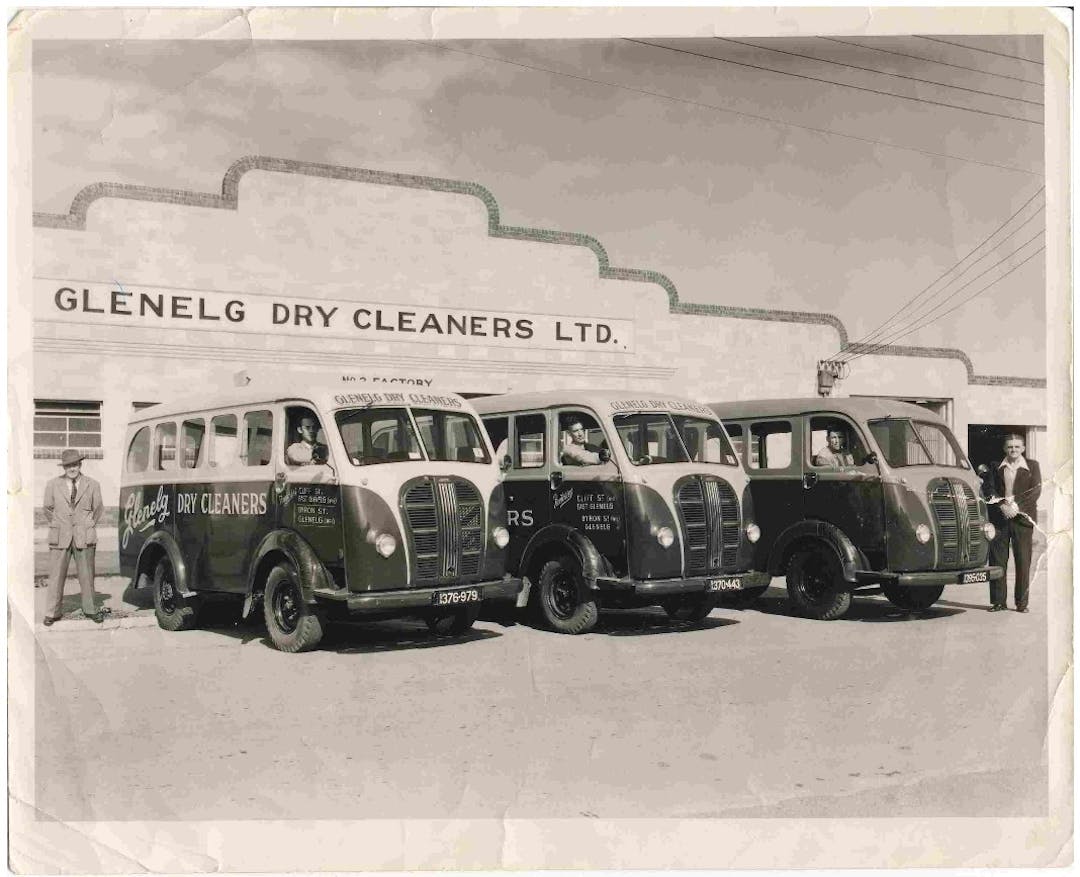Glenelg East Groundwater Prohibition Area
Consultation has concluded

Groundwater prohibition area
Following on from our community consultation the EPA has now established a groundwater prohibition area.
Under section 103S of the Environment Protection Act 1993, the EPA may prohibit or restrict the taking of groundwater if it may be harmful to human health or safety.
Before a final decision was made, the EPA consulted with the local community to provide information and seek feedback on the proposal (please see the community engagement report).
The engagement process was effective in helping the EPA to understand issues important to the local community with regard to managing the legacy of contaminated groundwater. A change in the proposed prohibition area occurred as a result the engagement program, enabling residents who access deeper uncontaminated groundwater to continue to do so.
This prohibition on the extraction of groundwater was published in the South Australian Government Gazette on 20 December 2018.
We are always interested in hearing from our local communities. If you missed our formal engagement period, and any feedback, questions or concerns, please get in touch on:
- Phone: (08) 8204 2004
- Email: engage.epa@sa.gov.au






